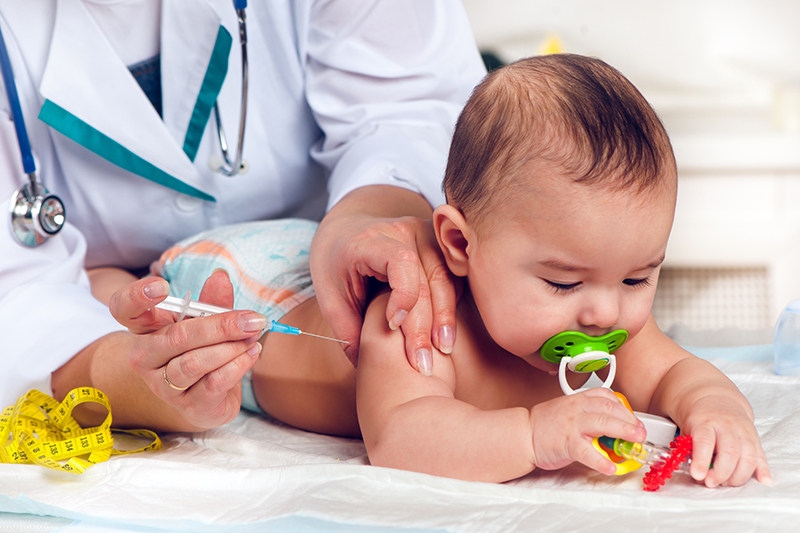Families For Life | All You Need to Know About Vaccinations

How do vaccines work? Are there any side effects? We answer these questions and more.
Immunisation is an important way to protect your child from certain diseases that can be avoided. The basis of vaccination is to make us immune to a disease before it has the chance to make us sick. Below are some answers to your commonly asked questions.
How do vaccines work?
Vaccines are made from the same viruses (or parts of them) that cause disease. However, in vaccines, the viruses are altered in such a way that they cannot cause illnesses. The vaccines are introduced into our bodies usually via injection. Our immune system then reacts by making antibodies that give us immunity. While some vaccines give us immunity for life, others may require repeated booster shots for maintenance of immunity.
When is it not suitable for my baby to be vaccinated?
Most babies are fit for immunisation but if your baby is currently having a high fever or has had a previous serious reaction to certain vaccines, you may need to consult a doctor for further advice. Avoid live vaccines like MMR (measles, mumps and rubella) or polio if your child's immune system is weak as a result of illness or medical treatment.
Are there any side effects of vaccines that I should be aware of?
It's normal for your baby to cry a little after the injection but this should not last longer than a few seconds. Your baby might feel a little sore, and there may be a slight redness and even a small lump over the injection site, which should all clear within a few days. Your baby might also have a slight fever for a day or two after the injection. Some parents are concerned about the link between the MMR vaccines and autism, however, there is no scientific evidence to support this belief. Do consult a doctor if you have any concerns.
How can I pay for these vaccinations?
Full subsidies* for vaccinations under the National Childhood Immunisation Schedule (NCIS) are available for Singaporean children at CHAS GP clinics and polyclinics.
*Applicable for certain vaccine brands. Please refer to https://go.gov.sg/vaccine-list for the latest subsidised vaccine brands.
When should my baby get vaccinated?
Under the National Childhood Immunisation Programme (NCIP), these are the times when your baby will receive the vaccines.
Birth: Hep B (Hepatitis B) 1st dose and BCG (bacillus Calmette-Guerin)
1 month: Hep B 2nd dose
3 months: Diphtheria, tetanus, pertussis-polio (DTP-Polio) 1st dose
4 months: DTP-polio 2nd dose
5 months: DTP-polio 3rd dose
6 months: Hep B 3rd dose
12–24 months: MMR (measles, mumps, rubella) 1st dose
18 months: DTP-polio 1st booster
Explore more
By Associate Professor TAN Thiam Chye Head & Senior Consultant, Dr Michelle LIM Senior O&G Resident, Department of Obstetrics and Gynaecology, KK Women's and Children's Hospital
Sources:
The New Art and Science of Pregnancy and Childbirth 2008, World Scientific
Healthy Start for your Pregnancy 2012, Health Promotion Board Singapore
Copyright © 2016 HealthHub.sg. All rights reserved.